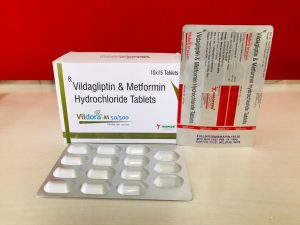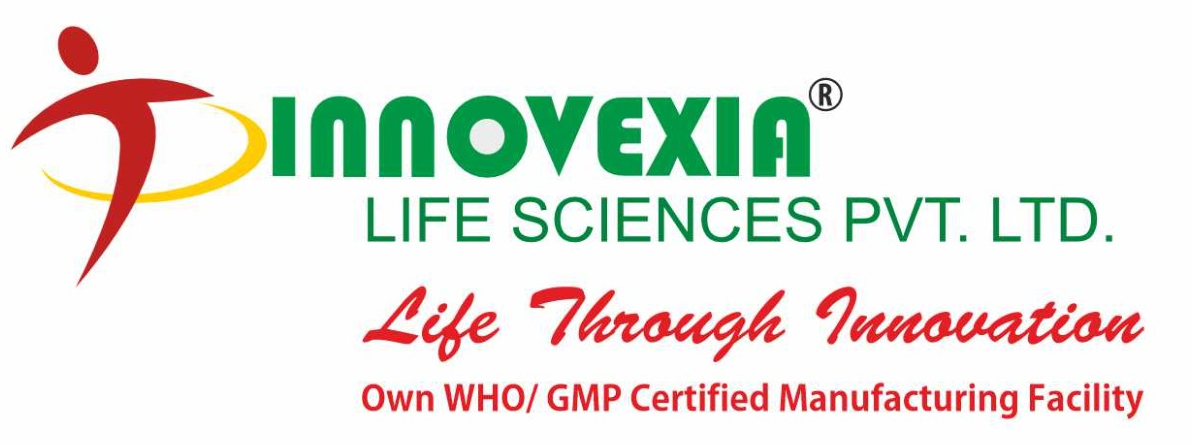What is Pharmaceutical Contract Manufacturing, and how does it work?
Did you know that only around a third of pharmaceutical production takes place in-house? That is correct. From cell therapy to diabetic medications to cold chain biologics, the majority of drug manufacture is now outsourced by American pharmaceutical corporations. Contract pharma is now a multibillion-dollar industry. While being in the drug development industry is thrilling, the costs of operations, the necessity to conform to regulatory regulations, and other considerations have grown difficult. From research & development to commercial manufacture, pharma manufacturing is a very complicated process.
What is causing the pharmaceutical sector to outsource so much? Here are some of the important variables to consider:

- Due to lower R&D returns and rising competition, the pharmaceutical sector is under pressure to cut costs.
- Pharma companies are reorganising their capabilities around technologies that are gaining traction, such as gene and cell therapy and biologics.
- Need to move operations away from markets with high labour costs or prescription goods that aren’t as lucrative.
- In the pharmaceutical sector, there is a scarcity of technical ability.
- Efforts by digital behemoths to enter the pharma/healthcare sector
A pharma contract manufacturing firm offers a variety of services to pharmaceutical corporations, including:
- Drug research and development, as well as drug manufacture and commercialization
- Compliance with FDA regulatory standards must be documented.
- Pre-formulation.
- Formulation of pharmaceuticals
- Stability research, method development, and pre-clinical and Phase I clinical trials are all things that we do.
- Providing materials for late-stage clinical trials
- Providing formal stability, scaling up, and batch registration
FDA good manufacturing practises and related FDA rules must be followed by all pharmaceutical contract manufacturers.
There are additional business models that address the outsourcing requirements of pharmaceutical businesses, such as drug discovery, pharmaceutical manufacturing, research and testing, in addition to pharmaceutical contract manufacturers, or CMOs:
What is the difference between a CRO and a CMO?
A CRO, or contract research organisation, in the pharmaceutical business supports pharmaceutical firms by offering a variety of professional research services on a contract basis so that this work is no longer done internally. Contract research firms assist drug makers in the lengthy medication development process by alleviating some of the high costs associated with data
research, testing, project management, and post-approval, pre-clinical, and clinical drug trials.
A contract manufacturer organisation (CMO) differs from a contract research organisation (CRO) in that it focuses on producing drug goods for pharmaceutical corporations rather than doing research. A CDMO, or contract development and manufacturing organisation, which offers full services from drug discovery through drug manufacture, is an example of an outsourcing entity that performs numerous functions.
What exactly is a CTL?
A contract testing laboratory (CTL) in the pharmaceutical industry offers pharmaceutical testing services to medication makers. Here are some of the services that a contract testing laboratory may provide:
- Bioanalytical testing services/bioanalytical services
- Services for medication development and drug discovery
- Dissolution testing services for pharmaceuticals
- Services for preclinical testing
- Laboratory services for clinical trials and central laboratory services
What does third-party manufacturing imply?
The phrase “third party manufacturing” is used in the pharmaceutical industry to describe a contract manufacturer that manufactures items for drug firms but does not own the inventory. The contract manufacturing business, medicine companies, and patients all gain from this strategic cooperation. A pharma business hires a CMO to supply the ingredients and labour needed to produce medicinal products, which the customer then owns and pays for. To save money and time, manufacturing work is generally outsourced to a third party rather than being done in-house by the pharmaceutical business.
Why do medicine manufacturers outsource their production?
- Drug firms gain from pharma contract manufacturing because it gives them more flexibility, alternatives, and advantages, such as the capacity to:
- Accelerate the development of medicinal items and the time it takes for them to reach the market.
- Cost-cutting
- Improve your focus on the main purpose of medication development and marketing.
- During instances of labour scarcity, relieves pharmaceutical businesses of the expense and effort of recruiting and training personnel.
- Meet present and forecast pharma product growth patterns.
Overview
In a fast-growing business, the pharmaceutical industry is always looking for innovative ways to bring more FDA-approved medicinal items to market promptly and affordably.
CMO contract businesses are filling crucial gaps in drug research and manufacturing, and this trend is projected to continue or perhaps increase in the coming years.
The pharmaceutical sector is often fueled by strategic alliances between drug firms and contract pharma enterprises.
The pharmaceutical contract manufacturing sector is maturing, and it is more reliant on pharmaceutical technology to meet client needs.
To ensure patient safety and medicine quality, contract pharmaceutical businesses must comply to cGMP requirements, which include sterile facilities, manufacturing procedures, formulation development, and so on.
Innovexia Life Sciences offers WHO GMP approved third party manufacturing services through its Baddi – Himachal Pradesh based manufacturing facilities.

